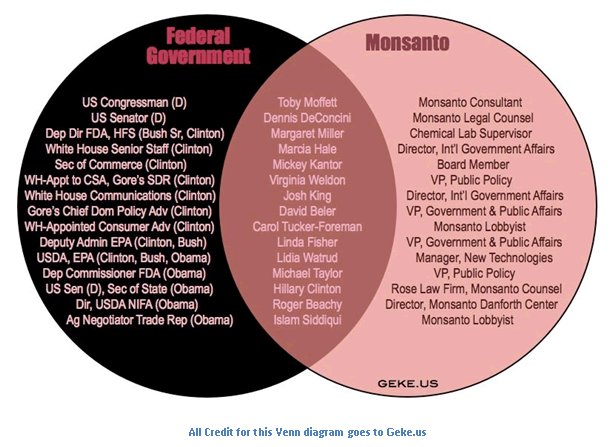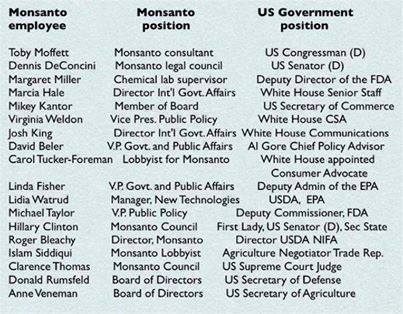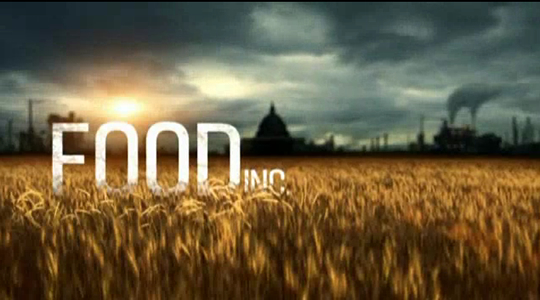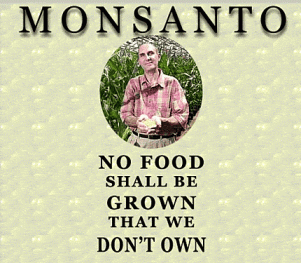Former Gov. Rick Snyder and other former state officials are likely to be charged in the Flint water probe, according to the Associated Press.WNEM was vague about the likely defendants beyond former Governor Rick Snyder and former Michigan Department of Health and Human Services Director Nick Lyon, but WXYZ's Former Governor Snyder to face criminal charges in connection to Flint water crisis was not, naming names and showing faces.
Former Governor Rick Snyder and several other state officials will be facing criminal charges in connection with the Flint water crisis.In addition to Snyder and Lyon, the reported defendants include Eden Wells, former chief medical executive at the Michigan Department of Health and Human Services, Darnell Earley, former Emergency Manager for the City of Flint and Detroit Public Schools, and Gerald Ambrose, also a former Emergency Manager for the City of Flint. All of them were previously charged in the previous round of prosecutions brought by former Michigan Attorney General Bill Schuette, about whose motives I expressed cynicism.
While the residents of Flint were worried that the likely defendants would never be brought to justice when the previous charges were dismissed, it looks like they have not escaped being "ground exceedingly fine," not yet.Schuette is a Republican, but he doesn't owe Snyder much in the way of favors. He's going to thread (sic — "tread" fits the metaphor better, but it's a common mixing of metaphors) a narrow path. On the one hand, he's going to use this to make enough of a show that he'll help himself look "independent" for a general election. He might even harm Snyder as long as it also hurts the current Lieutenant Governor, Brian Calley, helping himself in the primary. On the other hand, he doesn't want to hurt Snyder so badly that it makes him look disloyal to the GOP. He especially does not want to force Snyder from office. The last thing he wants is Calley as an incumbent Governor to run against in a primary. That will be quite a balancing act!I think Schuette did exactly what I described in this case, which was to look tough and independent while not going directly after Snyder. It worked for him, as he became the Republican nominee, not Calley.
The person who caught my attention most was Jarrod Agen, Snyder's former Chief of Staff, Vice President Mike Pence's former communications director, acting chief of staff, and deputy chief of staff, and current Vice President of Communications for Lockheed Martin. This scandal follows him to go beyond the state lines of Michigan to the highest levels of government and industry. When I write about the revolving door between industry and government, it's not just about Monsanto and regulation of the food supply.* It happens all throughout government, including defense and aerospace, as Agen's example demonstrates.
Follow over the jump for reactions to this news from activists and local politicians.















